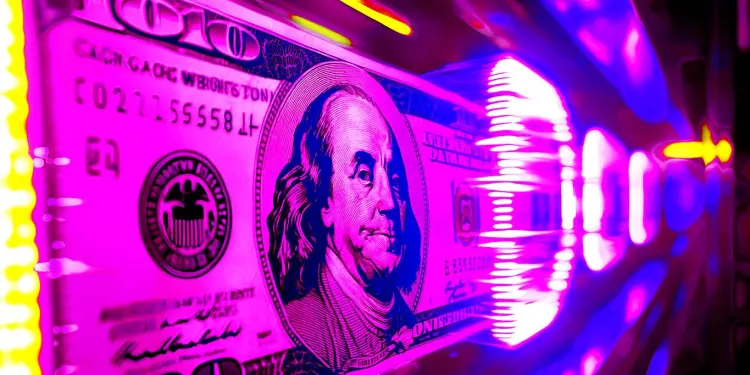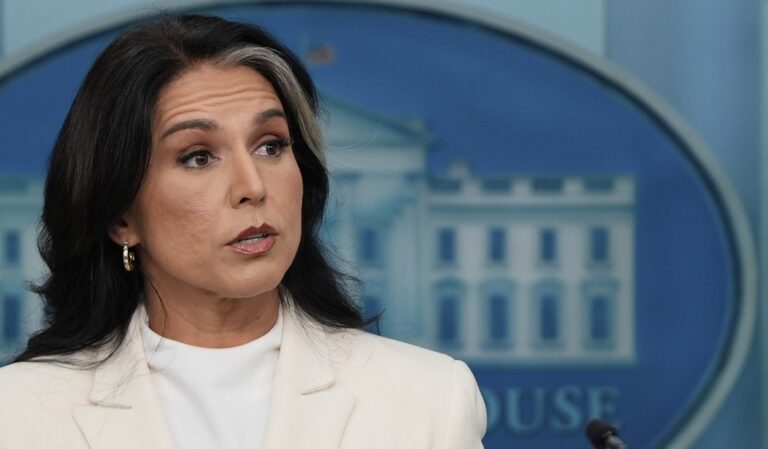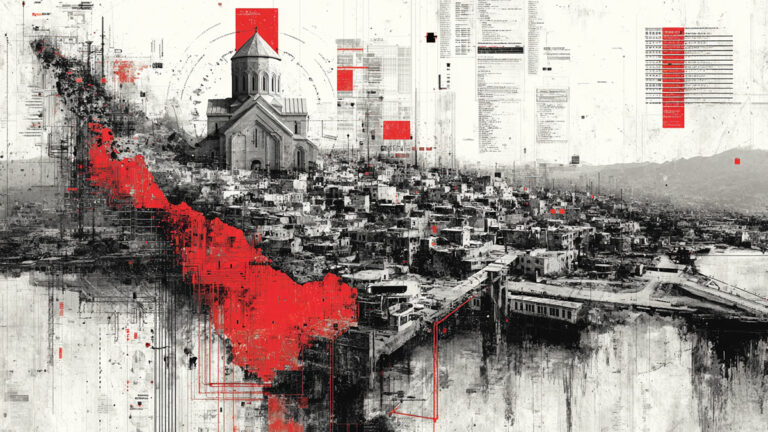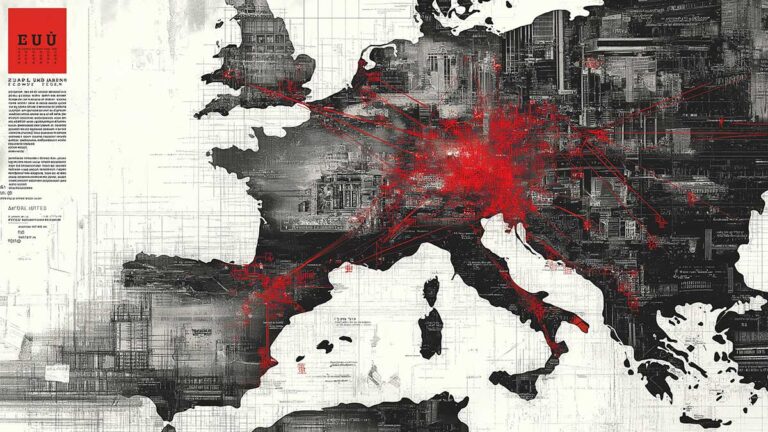Americans are holding a whopping $7.162 trillion in uninsured cash in their bank accounts, according to an under-the-radar report from the Federal Deposit Insurance Corporation (FDIC).
The agency says the data, which was captured at the end of March, shows the amount of unprotected cash in US banks is increasing for the first time since the fourth quarter of 2021.
US banks align with the FDIC to promise customers that deposits up to the amount of $250,000 will always be covered in the event of a collapse. But anything in excess is not insured.
The FDIC is increasing its scrutiny on the issue, warning that uninsured deposits may make lenders more susceptible to bank runs.
“While many banks have increased their reliance on uninsured deposits, the trend has been most pronounced among the largest banks.
CLICK HERE TO READ MORE FROM THE REPUBLICAN VOICE
Growing concentrations of uninsured deposits at large banks make the banking system potentially more vulnerable to depositor runs such as those in March 2023.”
The FDIC’s $250,000 cap was tested during last year’s collapse of Silicon Valley Bank, Signature Bank, and First Republic Bank.
In a historic first, all deposits at the banks were protected by the federal government with a combination of the FDIC’s insurance and an extraordinary use of the systemic risk exception, giving the FDIC, Federal Reserve and Treasury Department the power to backstop everything.
In the wake of the crisis, the FDIC says it’s now asking US banks to provide comprehensive data on the composition of both insured and uninsured deposits to improve its ability to track and manage risks.























